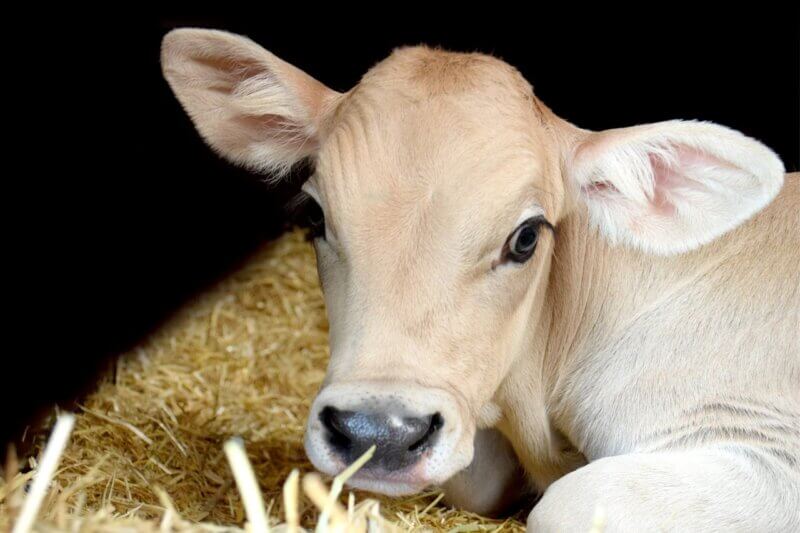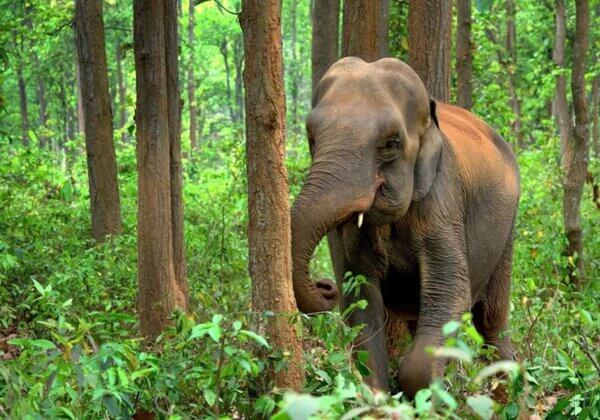Two Men Booked for Running Over Cows in Separate Incidents in Singrauli – PETA India Says Dairy Consumption Is Partly to Blame
After a local activist reported a disturbing video of a car that, after initially slowing down, ran over a calf sitting in the road, PETA India worked with Nitin Pandey of Gausewa Sansthan Singrauli and the Waidhan Police Station incharge to get a first information report (FIR) registered under stringent provisions of the law. Specifically, PETA India called for the alleged perpetrator to be booked under relevant sections of the Madhya Pradesh Govansh Vadh Pratishedh Adhiniyam (MPGVPA), 2004. As a result of PETA India’s intervention, an FIR was registered under sections 4 and 9 of the MPGVPA, 2004. On the same day and acting on a complaint by the same activist, the Waidhan Police Station registered another FIR for a similar incident in which a driver ran over a cow. Tragically, both animals died.
Section 9 of the MPGVPA, 2004, makes the slaughter of any cow or cow progeny a cognisable and non-bailable offence punishable by a jail term of up to seven years and a minimum fine of Rs 5000. The term “slaughter” is defined under Section 2 of the Act as “killing by any method whatsoever and includes maiming or inflicting of physical injury which in the ordinary course will cause death or doing any act with the intention of causing unnatural death”.
According to the 20th Livestock Census – conducted by the Ministry of Fisheries, Animal Husbandry and Dairying – there are over 5 million homeless cows in India. Male calves as well as female cows and buffaloes abandoned on the streets pose a significant danger to themselves and motorists. Cows are often smuggled to states where their slaughter is permitted, and some end up at severely crowded, under-funded gaushalas without adequate veterinary care.
In the dairy industry, most cows and buffaloes are confined to dingy sheds and forced to stand in their own waste. Like humans, female cows or buffaloes produce milk only when they’re pregnant or have recently given birth. On farms, they’re forcibly impregnated repeatedly by workers, who artificially inseminate them by inserting an arm into the animal’s rectum and using a metal rod to deliver semen into the vagina. The newborn calves are torn away from their mothers shortly after birth so that the milk meant to nourish them can be stolen and sold to humans. Female calves are commonly fed a milk replacement.
PETA India has long campaigned for strengthening The Prevention of Cruelty to Animals Act, 1960, which contains outdated, inadequate penalties such as a maximum fine of only Rs 50 for convicted first-time offenders (although the Bharatiya Nyaya Sanhita, 2023, prescribes stronger punishments). In a proposal sent to the central government regarding an amendment to the act, PETA India recommended significantly increasing penalties for cruelty to animals.
9 Things to Do if You Witness Cruelty to Animals 9 Things to Do if You Witness Cruelty to Animals






